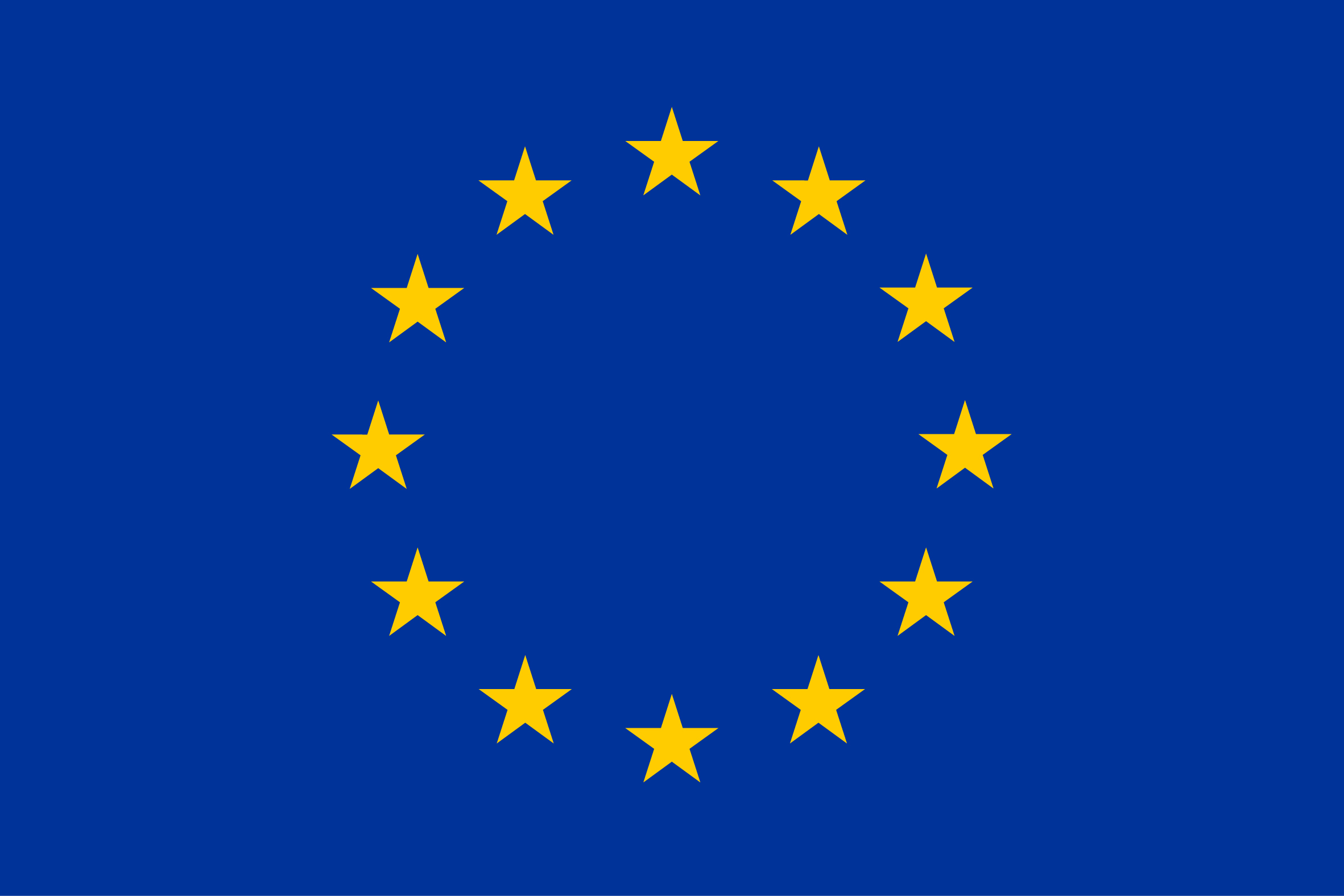Project information
A good education plays a significant role in making societies more equal. It provides access to the labour market, improves overall well-being, health, life expectancy and enables to political participation, solidarity, and self-determination. The Scandinavian model in general, and the Norwegian model in particular, are often seen as prime examples on the way to an inclusive and equitable education and society.
The research project PIONEERED strives to promote an education system for all by providing research-informed policy and practice recommendations. Its particular focus is on identifying pioneering policies and practices across Europe that tackle educational inequalities and ensure the continuation of equal participation in education even in times of rapid social change.
Methodologically, this involves an interdisciplinary multi-level comparison and mixed-method approach, drawing on quantitative analysis using existing datasets, policy analysis, and qualitative practice research.
The Western Norway University of Applied Sciences - involved through its Faculty of Education, Arts and Sports - will lead the work on identifying pioneering practices in schools and kindergartens through comparative practice research.
To gain empirical access to educational practice, we explore, analyze and compare stakeholders’ knowledge of current practices that aim to tackle educational inequality as well as pioneered pedagogical practices within schools and kindergartens. In this way, we aim to gain a deeper understanding of different types of pioneering practices in specific contexts and identify general patterns of such practices.
Read more: PIONEERED - Pioneering policies and practices tackling educational inequalities in Europe

This project has received funding from the European Union's Horizon 2020 research and innovation programme under grant agreement No 101004392.
